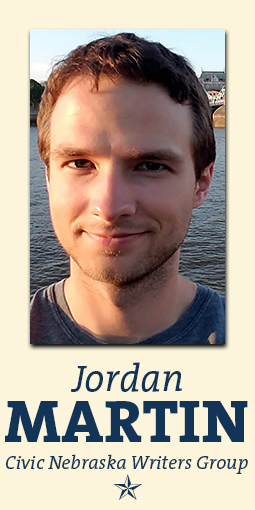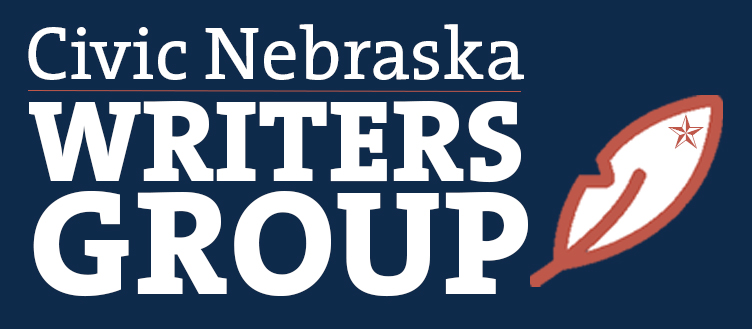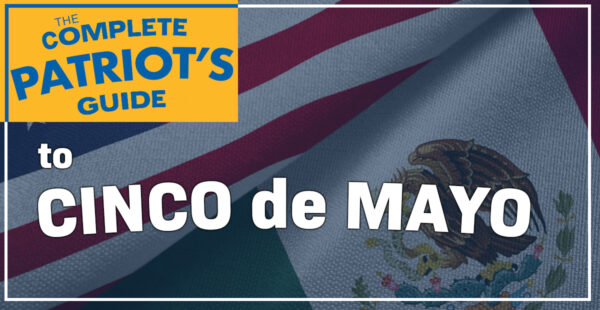I’ve learned that as a teacher, you can try to remain focused on the subject at hand, but your students will sometimes find a way to take some time for “side topics.” A few weeks ago, one student asked an interesting question: Do you think Joe Biden actually got elected president?
 I said that I did, yes. The student then explained how they believed the election was rigged and that there could be no way Biden won. To my best ability, I made sure the student felt heard and then directed the conversation back to our world history lesson for the day.
I said that I did, yes. The student then explained how they believed the election was rigged and that there could be no way Biden won. To my best ability, I made sure the student felt heard and then directed the conversation back to our world history lesson for the day.
While the conversation was not particularly unusual, it has become part of a noticeable trend when students find themselves discussing their political views. Last school year, another class discussion turned to vaccines and whether or not kids would get them when they became eligible. Predictably, opinions varied: Some strongly desired the shot, others intensely opposed it.
To me, what stood out was the main reason many opposed getting the vaccine: They did not trust the government.
Now, here is where I must make a full confession. I believe part of my job as an educator – particularly a social studies educator – is to help make people into skeptics. In our current issues class, I emphasize that students consider where a source came from and whether it may have a certain point of view. In American history class, we look at first-person accounts and ask ourselves how a person’s background may influence how they experienced historical events. Even when it comes to my civics class, I ask students to evaluate the motives of politicians and if there may be some agenda beyond what’s on the surface.
But skepticism cannot be boundless. At a certain point, we have to meet up with trust.
Consider the vaccine conversation. As we were evaluating the pros and cons of receiving the shot, I often asked students what it would take for them to feel safe about getting the vaccine. All three vaccines went through rigorous testing and had to be approved by the FDA and the CDC, I would point out. Doesn’t this mean that they are reliable? But for many, the very fact that people in authority had approved it made them uncomfortable. Until someone close to them got the shot, they wouldn’t consider getting one themselves.
Similarly, with my student who questioned the election outcome, I have had conversations with them (and others who have the same point of view) that the elections were verified by Republicans and Democrats. Shouldn’t this be enough? Here again, distrust in authority showed through: The fact that these elections are run by government officials and politicians means they cannot be trusted, and no one can know for sure who won.
My students don’t live in a vacuum; they reflect attitudes in the whole of our society. Entire websites have been built to dispel vaccine fears, yet doubts persist. Troublingly, members of the Nebraska Legislature also have called into question the integrity of the past election with no evidence and little more than their distrust of authority to go on.
Skepticism is healthy in doses. To maintain a thriving and healthy democracy, we must be critical of those who act against the will of the people. We must hold our officials to account. At the same time, we must work from a baseline of basic trust. Government and society are human processes, good people trying their best. While those in power can – and certainly do – act against the public interest, many of our fellow citizens are in positions of authority precisely because we feel that we can trust them.
Skepticism keeps our democracy honest. But faith in one another keeps it working. It’s how our nation began. It’s how we’ve remained unified for nearly two and a half centuries. And right now, it’s vital in moving us forward together.
Jordan Martin teaches social studies at Wilber-Clatonia Public Schools. He moonlights as an assistant one-act drama coach in the fall and a speech judge in the spring. For more Civic Nebraska Writers Group columns, click here.





Jordan, as a long time educator, I applaud your commitment to helping your students learn to be discerning about the information they use to form their opinions. Distrust of government should be replaced by, as you point out, a healthy skepticism, and that can be facilitated by teachers who respect the importance of civics in a working democracy.